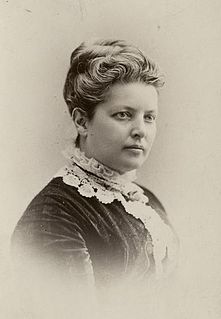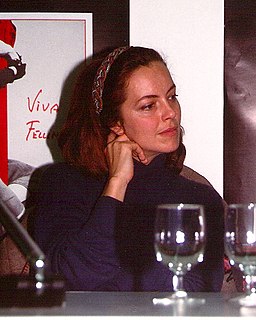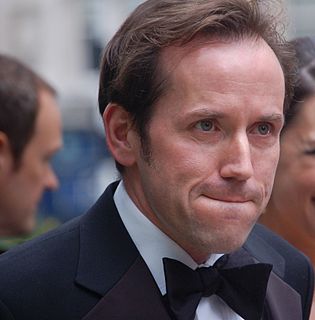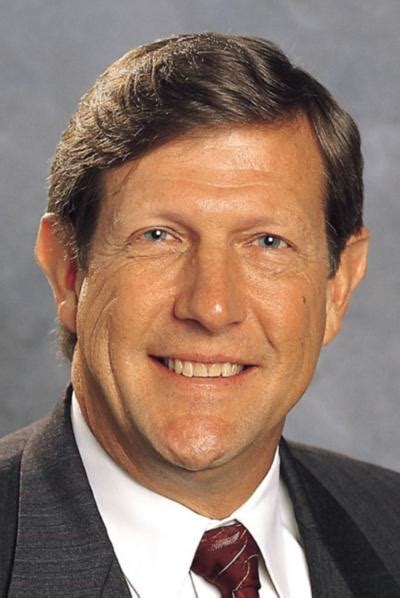A Quote by Jamie Oliver
Your child will live a life ten years younger than you because of the landscape of food that we've built around them.
Related Quotes
Ten years dropped from a man's life are no small loss; ten years of manhood, of household happiness and care; ten years of honest labor, of conscious enjoyment of sunshine and outdoor beauty; ten years of grateful life--one day looking forward to all this; the next, waking to find them passed, and a blank.
Big Idea - Your days are your life in miniature. As you live your hours, so you create your years. As you live your days, so you craft your life. What you do today is actually creating your future. The words you speak, the thoughts you think, the food you eat and the actions you take are defining your destiny - shaping who you are becoming and what your life will stand for. Small choices lead to giant consequences over time. There's no such thing as an unimportant day.
We have at most ten years - not ten years to decide upon action, but ten years to alter fundamentally the trajectory of global greenhouse emissions... We are near a tipping point, a point of no return, beyond which the built in momentum and feedbacks will carry us to levels of climate change with staggering consequences for humanity and all of the residents of this planet.
My idea in Half the Kingdom was simply, or not so simply perhaps, that medical science has given us twenty extra years of life. Those twenty extra years - one is grateful for them, one is happy, but they also give you ten or twenty years more of losing your faculties. That is actually the origin of my notion. Once you live longer than you're supposed to live, things go dreadfully wrong. But nevertheless, you're not dead.
I realize that some people will not believe that a child of little more than ten years is capable of having such feelings. My story is not intended for them. I am telling it to those who have a better knowledge of man. The adult who has learned to translate a part of his feelings into thoughts notices the absence of these thoughts in a child, and therefore comes to believe that the child lacks these experiences, too. Yet rarely in my life have I felt and suffered as deeply as at that time.
If, on the other hand, conservationists are willing to insist on having the best food, produced in the best way, as close to their homes as possible, and if they are willing to learn to judge the quality of food and food production, then they are going to give economic support to an entirely different kind of land use in an entirely different landscape. This landscape will have a higher ratio of caretakers to acres, of care to use. It will be at once more domestic and more wild than the industrial landscape.
Until you have a child, it's very tempting to look at the state of the world and say, "To hell with it, in 50 years I won't be around anyway." But if you have a child you don't say that, because even if you're not around in 50 years, your children presumably will be, and maybe even their children. You think of yourself as responsible to future generations in a whole different way.
It is easy to say that you can adopt the whole human race as your children, but it is not the same as living in a home with a child and shaping all you do to help him learn to be happy and whole and good. Don't live your life without ever holding a child in your arms, on your lap, in your home, and feeling a child's arms around you and hearing his voice in your ear and seeing his smile, given to you because you put it into your heart.
I built up these lumber piles of love, and with fourteen boards each I built little houses, so that your eyes, which I adore and sing to, might live in them. Now that I have declared the foundations of my love, I surrender this century to you: wooden sonnets that rise only because you gave them life.
I did a very stupid diet where you have three food groups, and you never eat them together. It's so bloody tedious; I'm losing the will to live just describing it. I managed to stay very thin because you spent your life wandering around starving hungry looking for a chickpea to go with a chicken leg.
Watch carefully the children around you. In precious moments you will catch a glimpse of your Savior’s face. Listen intently and you will hear his voice. Walk gently among them; his footprints are all around you. Embrace them, for you are embracing him. Respect them, because they are sometimes God’s agents – exactly the kind of instruments he needs. At such times, only a child will do.








































